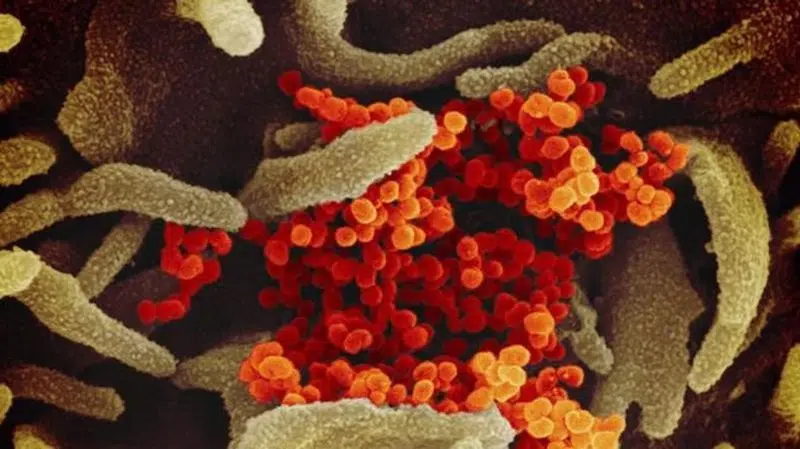
Online meeting: Indigenous health managers to discuss response to COVID-19
Hundreds of Indigenous health managers from across Canada are to meet online Wednesday to discuss how to prepare for the impact of the COVID-19 pandemic on their communities.
The Assembly of First Nations has already declared a state of emergency, asking for more resources to help remote, fly-in communities stay healthy.
“Whatever the needs are, they should be met,” said AFN National Chief Perry Bellegarde.
“In a lot of instances, First Nations are the most vulnerable because of their isolation. They don’t have access to the same level of health care that everybody else does.”


